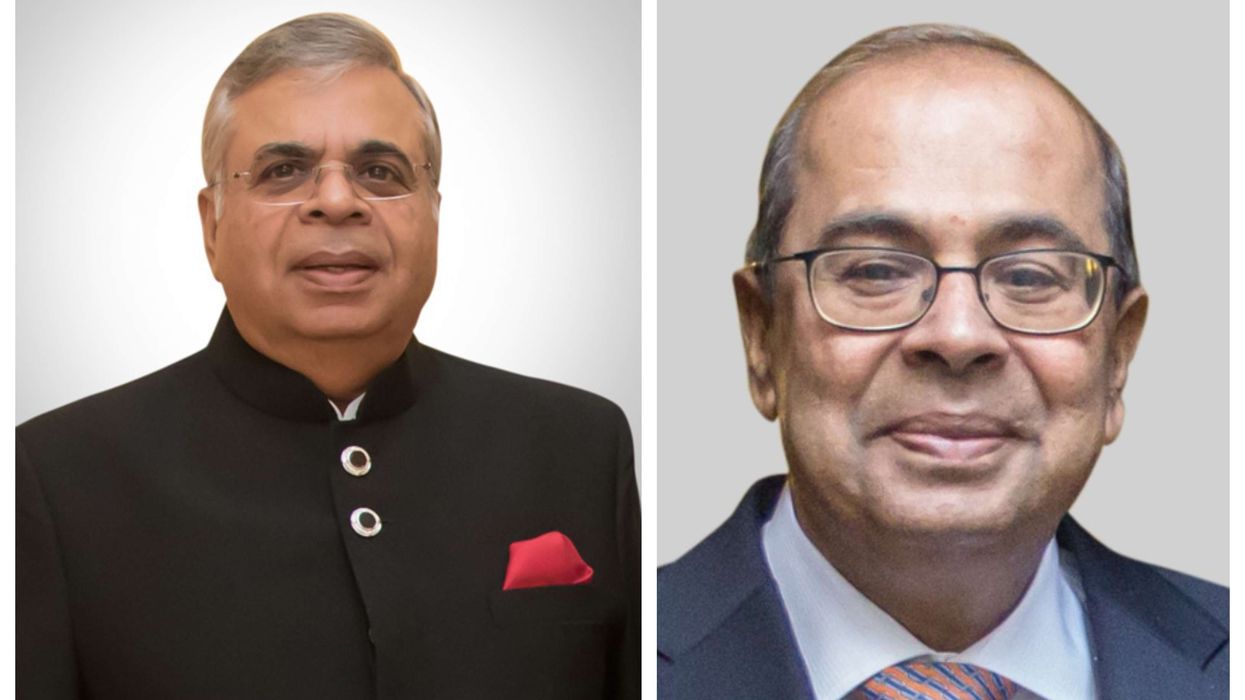Murtuza Iqbal
Earlier this year, Hrithik Roshan was signed by the US-based Gersh Agency to manage his work internationally. There were reports that Hrithik is keen to make his Hollywood debut.
Now, today, according to a report in Mid-day, the actor has auditioned to play the role of a spy in a Hollywood action thriller. It is said that he will be seen playing a parallel lead in the film which is backed by a reputed production house. However, the details are kept under wraps.
A source told the tabloid, "As is customary in Los Angeles, Hrithik's team was given details of his role in the movie and the scenes that he had to tape. He sent his audition to the studio two weeks ago. The discussion is at a nascent stage. If all goes well, the actor will kick off the project after completing the shoot of Krrish 4.”
When the tabloid contacted the actor’s team, his spokesperson said, "We have no information about this."
Well, Hrithik currently has only Krrish 4 lined-up, and it is not yet confirmed when that film will start rolling. Rakesh Roshan and Hrithik have just confirmed that the film will happen and the character of Jaadu might make a comeback in Krrish 4.
There were reports of him starring in the Indian adaptation of the popular British television series The Night Manager (2016). However, there’s no official announcement about it yet.
It was also said that Hrithik was approached for Satte Pe Satta remake and The Burning Train remake. But the actor declined the offers because he is not keen on doing remakes.
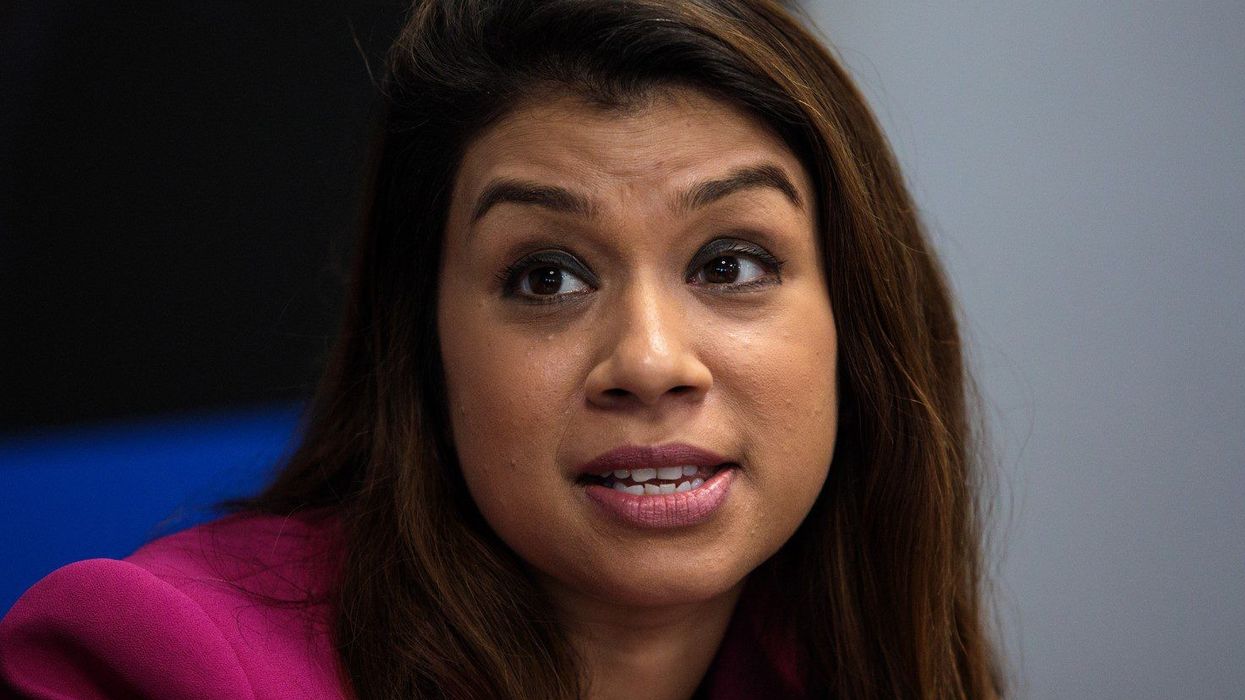


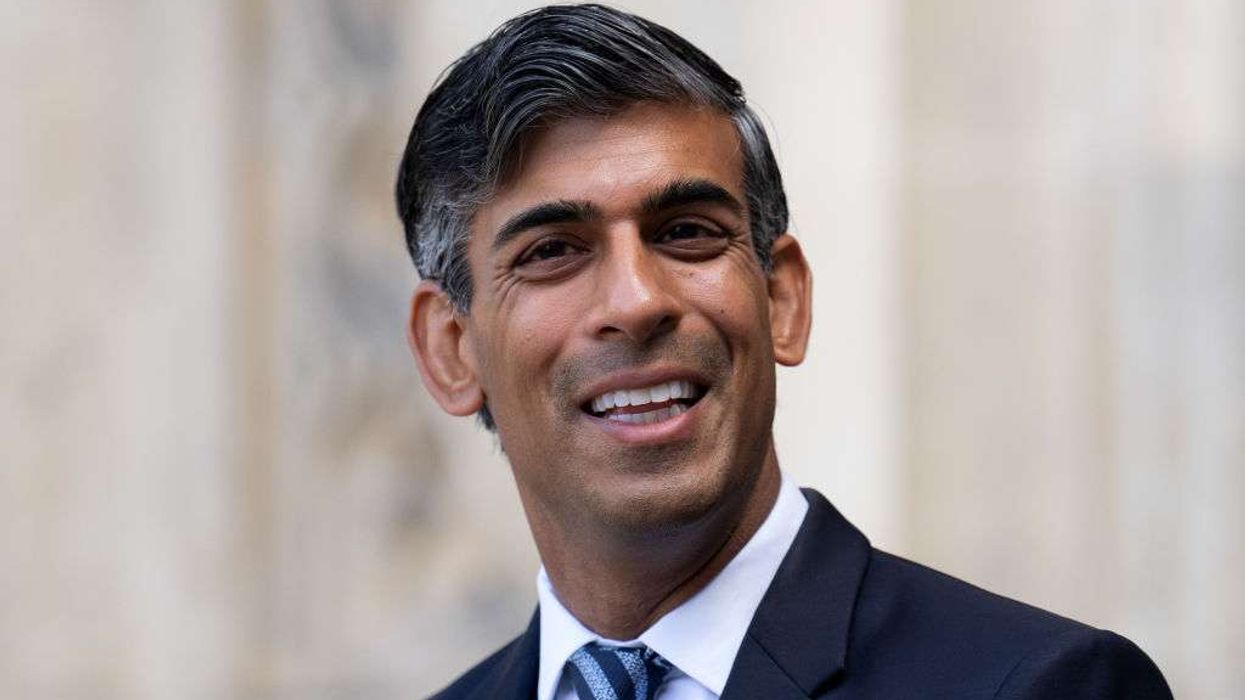
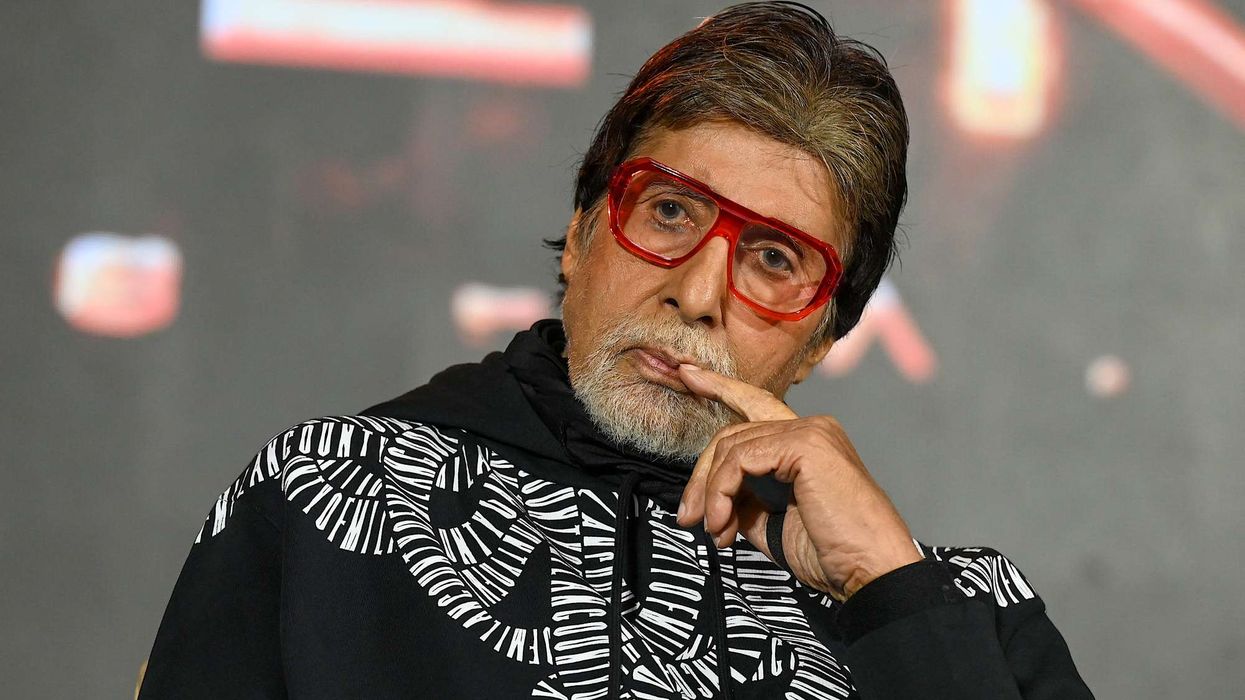
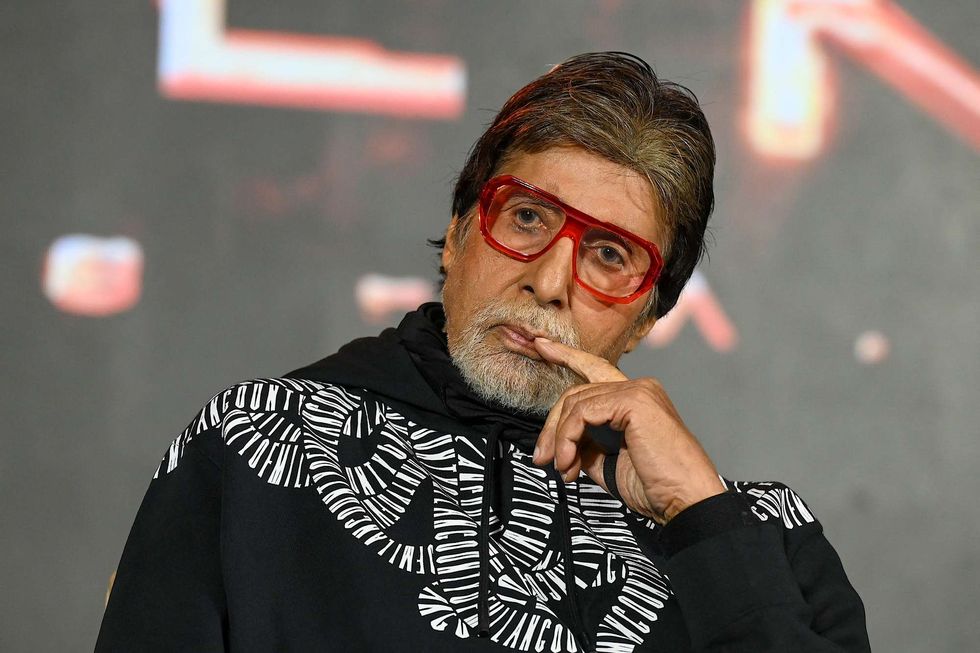 Amitabh Bachchan narrates powerful 26/11 tribute at Global Peace Honours Getty Images
Amitabh Bachchan narrates powerful 26/11 tribute at Global Peace Honours Getty Images 